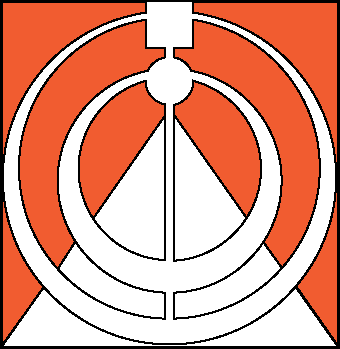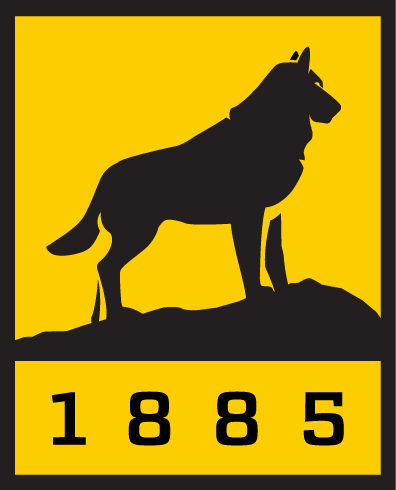Subscription Information for Michigan School Districts
Through a generous investment by the Herbert H. and Grace A. Dow Foundation, Mi-STAR has developed a middle school STEM curriculum and associated professional learning program to serve Michigan educators and their students. To ensure continued access to the curriculum, professional learning, and network of educators, Mi-STAR implemented a subscription fee in 2019. Contact mi-star@mtu.edu for pricing questions.
2025-26 Subscriptions for Michigan school districts are now avaiable for purchase at https://mi-star.mtu.edu/payment/.Include Mi-STAR Subscriptions in 2025-2026 Improvement Plans in MICIP:Mi-STAR is included as a strategy in the MiStrategy Bank and can be included in your 2025-2026 school improvement plan in MICIP. Mi-STAR subscriptions include access to the middle school science curriculum, classroom-based assessment tools, and companion professional learning program. You can use Title II or Title IV funding for subscriptions to Mi-STAR. Thanks to Joe Trommater at Clare-Gladwin RESD, we are able to provide links to videos that may be helpful when working through the MICIP database.
|


















